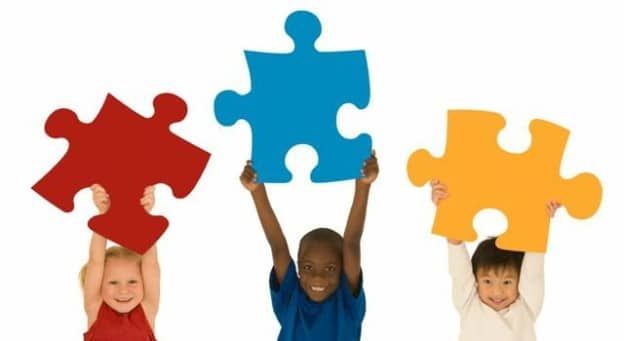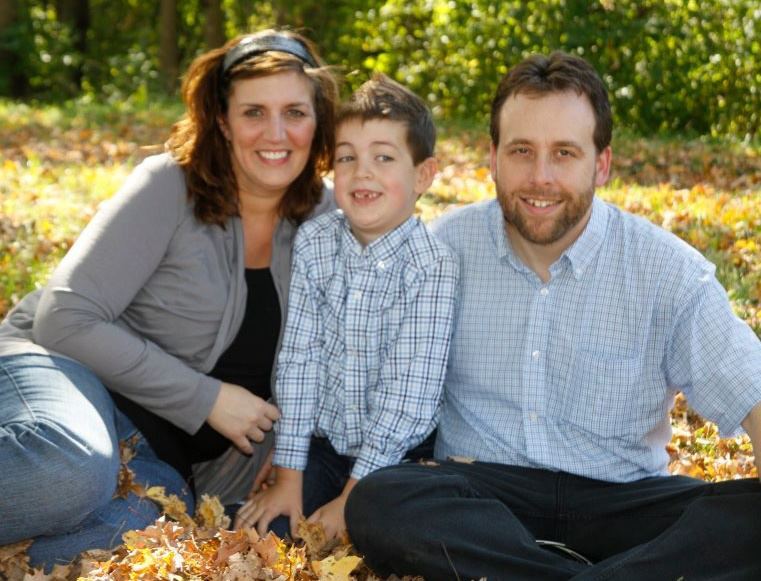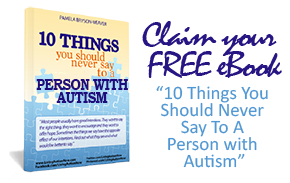Sexuality has always been a taboo topic in society especially when kids are concern, so much more so when it comes to kids and teens with autism. Today, however, teaching about sexuality is considered a must to develop and enhance personal values with respect upon self and others as a basis. Sexual education is usually infused in school curriculum to teach children as early as 7 to understand and value themselves and others. This is one way of teaching them how to develop meaningful and respectful relationships later on.
To kids and teens with autism, the preparation and method can be quite comprehensive. Kids with autism are known to be socially challenged and often, have a hard time co-mingling with other, but this condition does not exempt them from being subjected to sexual harassment or abuse. By laying the foundation for them like correctly identifying body parts, clear understanding of human reproduction, learning about safety, and discovering family and interpersonal relationships will eventually develop their awareness and confidence.
The key in teaching children with autism about sexuality is by doing it gradually and according to their age and development. Be reminded that sexual education is not merely about sexuality per se but more on raising awareness and recognizing their own capabilities to better understand their bodies, relationship with others, and feelings deep within.
School Agenda on Sex Education for Autism
Sexual education is compulsory to most, if not all, school curriculum. The most fundamental aspect in educating children with autism about human sexuality is the literacy skill bestowed upon them. Amid their developmental needs, these children (most especially the teens) can now understand, interpret and assess outside and imagery messages (especially those coming from the media and the internet) correlated to relationships, sexuality, and gender.
Teachers usually raise awareness to students with autism about their body and to better understand the changes that come with it especially during puberty. It is important that they infuse key learning in a positive environment without discriminating gender. Often, raising awareness is inclined to dispel certain myths that students might hear or learned from outside influences especially from peer pressure. Often, this particular school curriculum provides a venue or forum to generate open communication between students with autism and parents.
Your Role As A Responsible Parent
Raising a child with autism can be tough. No doubt about it. However, we are tasked to make our kids independent and be confident enough to be able to sustain their needs and wants amid living in the wide-ranging spectrum of autism. It is our obligation to provide them information and knowledge consistent to what has been taught in school. It is understandable that it can be hard to some levels of autism severity but, when kids ultimately grow up, and the least we can do is to openly and honestly discuss with them issues on sexuality to better gear them when they reach puberty.
Aside from social issues, the most important aspect of sex education to children with autism is for their safety. Prevention of abuse must be foremost in the minds of parents, teachers and caregivers. From learning about themselves to personal hygiene, bathroom and locker room independence and safety, drawing the line between “good touching” and “bad touching”, proactively teaching our kids the right way about their sexuality can make them understand better about privacy thereby preventing them from becoming likely victims to predators prying on innocent kids.


